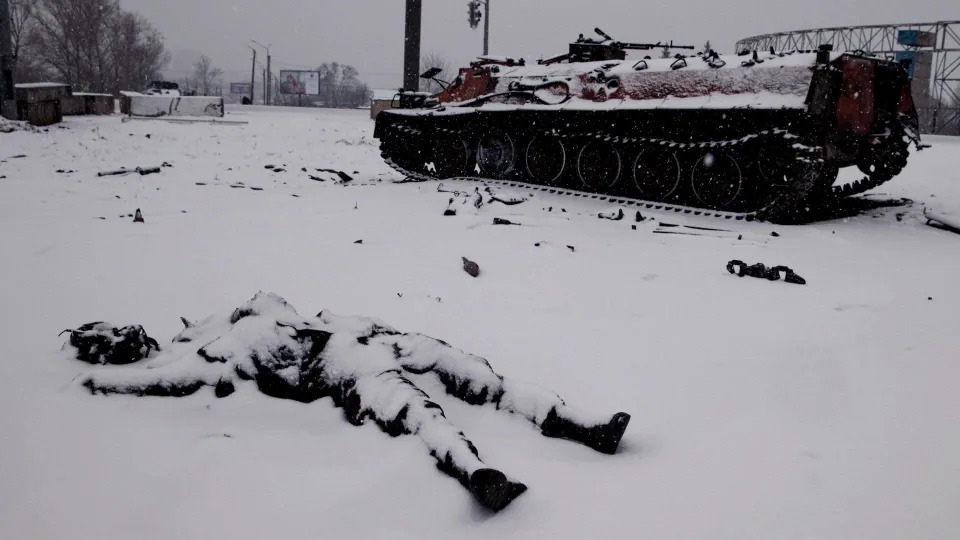CBS News
Another Russian quagmire: Putin and the shadow of Afghanistan
CBS News – March 27, 2022
Long before Russia invaded Ukraine, long before you ever heard of Vladimir Putin, Russia invaded Afghanistan. It was Christmas of 1979, and Michael Vickers was working for the CIA. “Nobody gave the Afghans a chance in 1979,” he said.
And yet, “It was the only time the Red Army had been defeated in its history.”
It’s only a month into Putin’s invasion of Ukraine and already what was supposed to be a cakewalk has turned into a bloody slog. Vickers said, “Putin’s in a, probably even a tougher box than the Soviets were then.”

“Tougher box, how?” asked CBS News national security correspondent David Martin.
“His economy is being destroyed. You have to look at this and see Russian power being destroyed, you know, both militarily and economically, and its international position,” said Vickers. “How long are you going to let this go on?”
“Well, how long? The Soviets are in Afghanistan for ten years. Is that the kind of time frame we’re looking at for Ukraine?”
“I think the time frame is shorter,” Vickers replied. “I don’t see how Russia takes the pain over a sustained period of time.”
Russia’s war in Ukraine: How it came to this Why Russia’s tank war stalled in Ukraine (“Sunday Morning”)Ukraine vs. Russia: A modern-day David vs. Goliath story (“Sunday Morning”)Defending against “a dictator on the prowl” (“Sunday Morning”)
The Kremlin sent 100,000 troops into Afghanistan, 150,000 into Ukraine.
“Soviet army, as bad as it performed in a lot of cases in Afghanistan in the eighties, did a lot better than the Russians are doing in Ukraine,” Vickers said.
Putin has been unable to achieve his initial goal of seizing the capital of Kyiv and overthrowing the Zelensky government, although he is expected to regroup and try again.

Martin asked, “When people talk about Putin doubling down, what can he double down with?”
“He’s really doubled down on this population destruction strategy, the scorched-earth strategy,” Vickers replied. “I mean, that’s really all he’s got left.”
“If Putin succeeds in seizing Kyiv and installing a puppet regime, what happens next?”
“I don’t think a puppet regime could survive at all. The Russian army really can’t pacify the country. The population hates them.”
The parallels between the wars in Afghanistan and Ukraine are striking, with one glaring difference: In 1985, when the Red Army was mired in Afghanistan, the man at the top in the Kremlin was the reform-minded Mikhail Gorbachev. “He said, ‘All right, we’re going to try to win this war one last time. I’ll give you more troops, but you’ve got a year or two to win it,'” Vickers said.
“Gorbachev, in effect, doubled down?”
“He did double down, and then by early ’86 he started looking for an exit.”
In the months and years after, the Berlin Wall came down, and the Soviet Union collapsed.
Martin asked, “Could Ukraine bring about the collapse of Putin’s Russia?”
“I think for the first time in 22 years his continued rule is more of a question mark,” said Vickers. “Even if he survives, the Russian state is likely to be severely weakened.”
Weakened by an invasion intended to restore the Russian empire.
“What does he do when you’re losing for the first time?” Vickers asked. “He had won smaller victories, and now you’re losing big? What do you do?”
